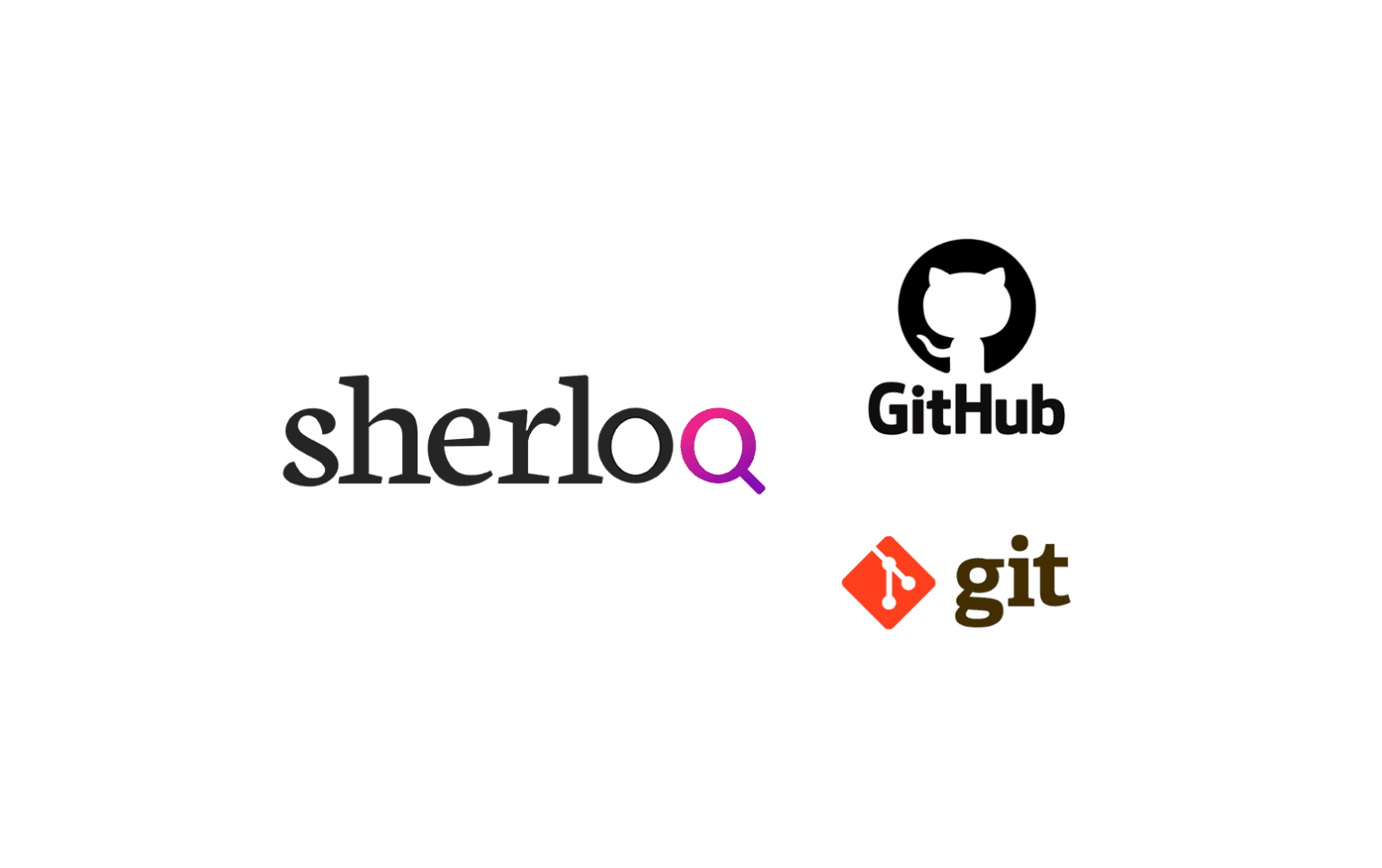Jun 26, 2024

Data teams play a crucial role in modern businesses, helping to derive insights and make decisions based on data analysis. To do this effectively, data teams require a tool git, but git for data teams, that can manage their data efficiently, version control it, and collaborate with other stakeholders in the organization. While Git is an excellent tool for managing code, it may not always be the best choice for data teams.
One of the primary reasons why Github may not be suitable for data teams is that Git is designed for managing large, long pieces of code. However, data needs are often composed of a lot of "short" SQL queries that need to be version controlled and managed. Using Git for this purpose can be cumbersome and inefficient.
Furthermore, with Github, you do kind of query management, which may not be the best way to manage data. Data teams often have to deal with large amounts of data, and querying all of that data through Git can be time-consuming and inefficient. Additionally, data analysts often need to collaborate with stakeholders who may not be familiar with Git or the version control process. This can make collaboration more challenging and time-consuming.
Moreover, collaboration is essential in data teams, and Github can make it difficult to collaborate with stakeholders who are not technically inclined. Data teams often need to share their work with business users or other non-technical stakeholders. Therefore, it is crucial to have a tool that allows for easy collaboration and is accessible to all stakeholders.
Data teams require a tool that can integrate seamlessly with their existing workflows. Git and other tools may not integrate with the analytics and data scientist's workflows, making it challenging to manage data effectively. Additionally, data teams may be reluctant to maintain documentation in separate tools like Confluence, leading to confusion and mismanagement of data.
One alternative to Git is dbt (data build tool). dbt is a transformation tool that allows data analysts to create and manage SQL queries easily. However, the disadvantage of dbt is that it requires manual configuration, making it challenging to manage when dealing with hundreds of data assets.
To address these issues, data teams require a tool that is easy to use, collaborates with stakeholders, integrates with existing workflows, and is accessible to all team members. One such tool that is gaining popularity is a data platform that combines data version control, collaboration, and workflow management. These platforms are designed explicitly for data teams, providing an easy-to-use interface that enables teams to version control their SQL queries, collaborate with stakeholders, and integrate with their existing workflows.
Ultimately, the tool chosen by data teams must be tailored to their specific needs and workflows. While Git may not always be the best choice for data teams, alternatives such as dbt and data platforms can provide the necessary features to manage data effectively. With the right tools in place, data teams can focus on analyzing data and making informed decisions that drive business success.
The next level of data analytics is understanding what is hiding in the SQL and automating to make insights from that. This is where a tool like Sherloq comes in. Sherloq is a data transformation tool that allows data analysts to create, collaborate, and maintain all the SQL queries. It provides a user-friendly interface that allows data analysts to work quickly and efficiently with their data.
Get Sherloq Free

